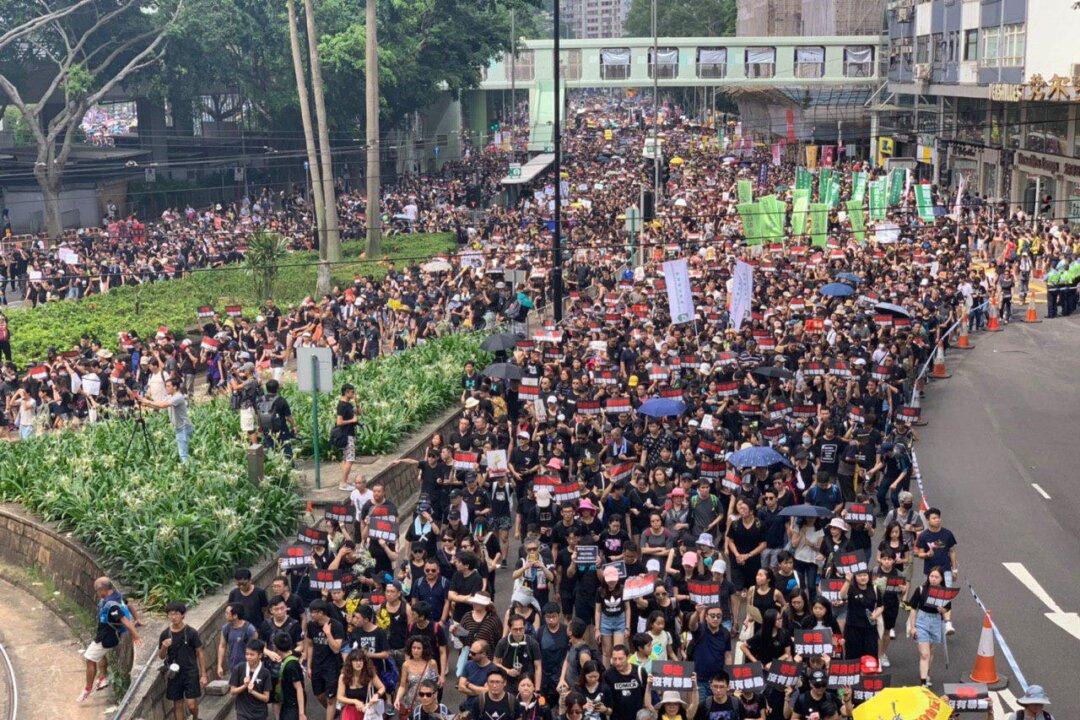Although Hong Kong Chief Executive Carrie Lam announced a suspension of the extradition bill, the move hasn’t restored public confidence.
A senior banker revealed that Hong Kong’s wealthy families transferred about $10 billion in funds to offshore accounts earlier in June. Tellingly, the number of emigration inquiries has increased multiple times recently, and surpassed the inquiry hike that occurred five years ago during the “Umbrella Movement.”





